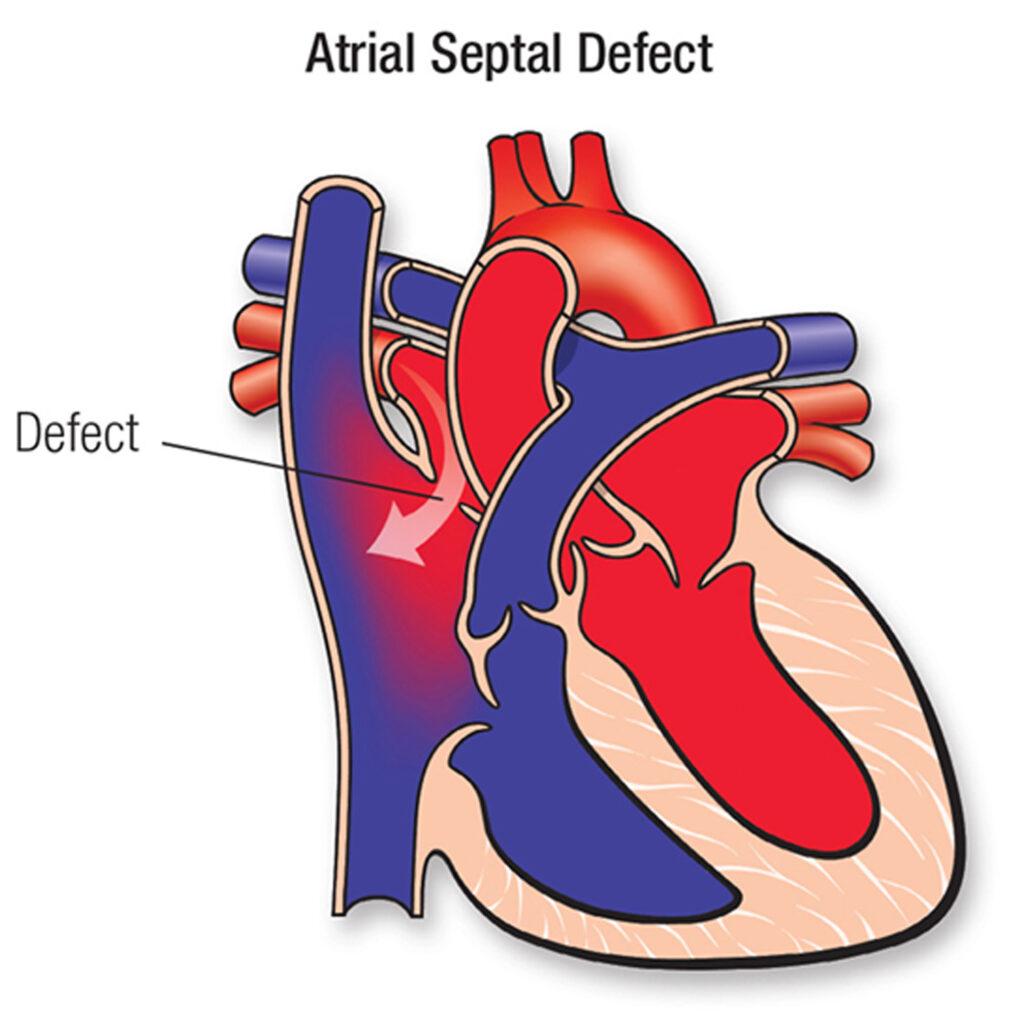What is Patent Ductus Arteriosus (PDA)?
The Ductus arteriosus is the blood vessel that connects the aorta and pulmonary artery. If the ductus arteriosus fails to close, the heart defect called Patent ductus arteriosus (PDA) occurs during the heart’s development. In other words, Patent ductus arteriosus (PDA) is a congenital heart defect.
Usually, the ductus arteriosus closes soon after birth, allowing blood to flow from the heart to the lungs and then to the rest of the body. However, in babies with PDA, the ductus arteriosus remains open, allowing oxygen-rich blood from the aorta to mix with oxygen-poor blood from the pulmonary artery. This can cause an overload of blood flow to the lungs and strain the heart.
Treatment for PDA may involve medication to manage symptoms or close the ductus arteriosus or surgery to close the opening. The specific treatment depends on the severity of the condition, the age and overall health of the patient, and other factors. Early diagnosis and treatment are essential for improving outcomes for infants and children with PDA.
What are the Symptoms of Patent Ductus Arteriosus (PDA)?
PDA can lead to various symptoms, including a rapid or pounding heart rate, difficulty breathing or shortness of breath, poor feeding and growth, and frequent respiratory infections. If left untreated, PDA can lead to complications such as pulmonary hypertension, heart failure, and endocarditis.
The symptoms of PDA vary depending on the size of the opening and the age of the individual. Some common symptoms include:
- Heart murmur: This is the most common symptom of PDA.
- Shortness of breath: This can occur during physical activity or at rest.
- Fatigue: The heart has to work harder to pump blood, which can cause fatigue.
- Poor growth: Infants with PDA may not gain weight as quickly as they should.
- Rapid breathing: This can occur in infants with PDA.
- Sweating: Infants with PDA may sweat excessively, especially during feedings.
- Frequent respiratory infections: Children with PDA are more prone to respiratory infections like pneumonia.
In severe cases, PDA can lead to congestive heart failure, which can cause symptoms such as:
- Swelling of the feet, ankles, or abdomen
- Difficulty breathing, especially when lying down
- Fatigue and weakness
- Rapid heartbeat
If you or your child is experiencing any of these symptoms, it’s essential to see a doctor for an evaluation.
Treatments For Patent Ductus Arteriosus (PDA) in Turkey (Türkiye)
Turkey has a strong cardiology sector with experienced cardiologists and advanced facilities. Turkey has many experienced pediatric cardiologists and advanced facilities for treating pediatric heart conditions.
Patent ductus arteriosus (PDA) treatments in Turkey are performed by pediatric cardiology, cardiovascular medicine, and cardiovascular surgery. The treatment options for Patent ductus arteriosus (PDA) in Turkey include minimally invasive surgical and catheter-based therapies.
According to the severity of the condition and the age of the patient, here are some common treatments for PDA in Turkey:
- Observation: In some cases, PDA can close independently without any intervention. In such cases, the doctor may monitor the patient’s condition and wait for the PDA to complete naturally.
- Medications: Some medications, such as indomethacin or ibuprofen, can help close the PDA by constricting the blood vessels. These medications are usually given to premature infants with PDA, as they have a higher chance of the PDA completing independently with the drug.
- Surgery: Surgery may be necessary if the PDA is large or causing significant symptoms. The surgery involves tying off the ductus arteriosus to prevent blood flow. The surgery can be performed through a small incision in the chest or a catheterization procedure.
- Transcatheter closure: In this procedure, a catheter is inserted through a blood vessel in the leg and guided to the heart. A device is then placed over the PDA to block the blood flow. This procedure is less invasive than surgery and can be performed on patients of any age.
For further information, please contact…

